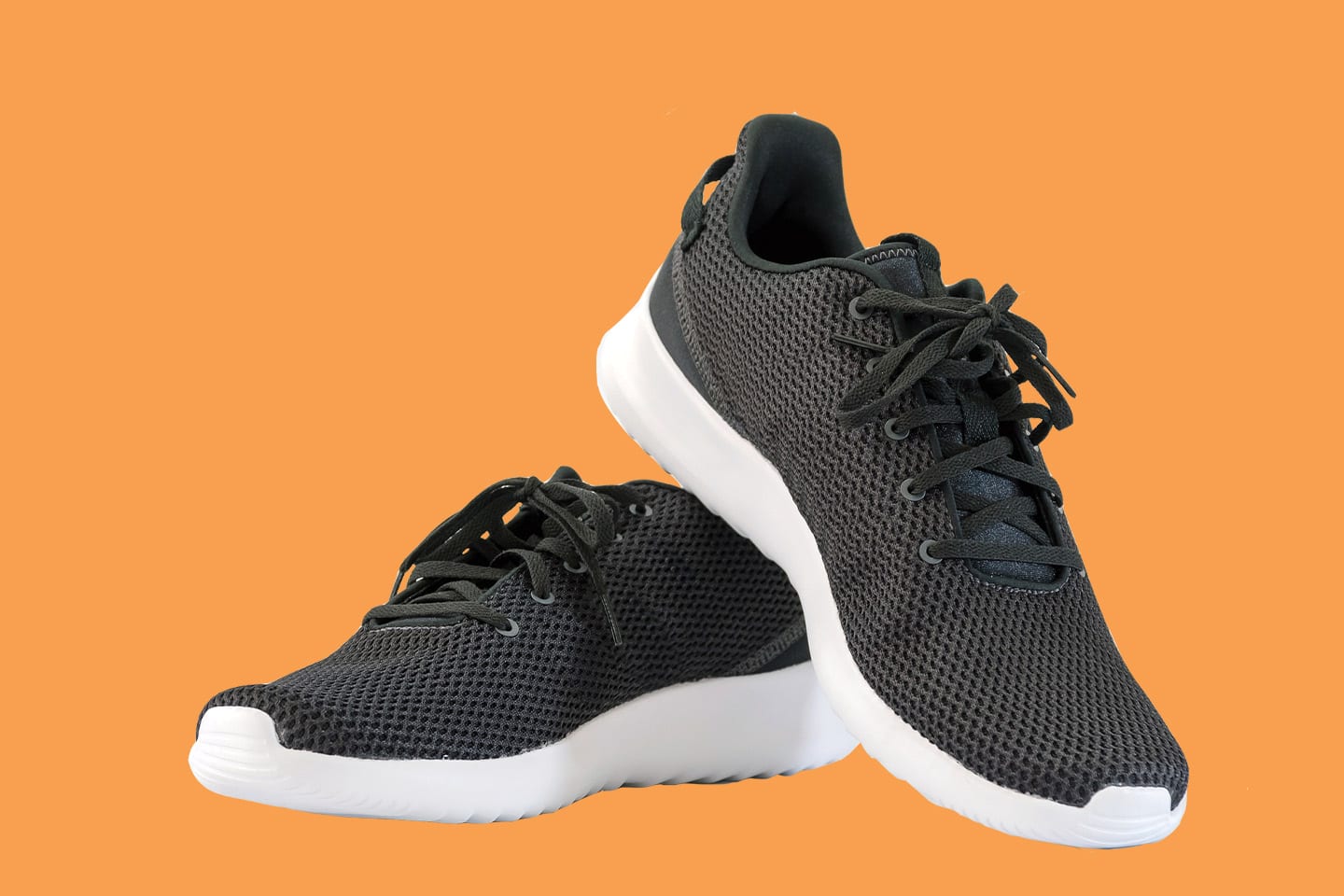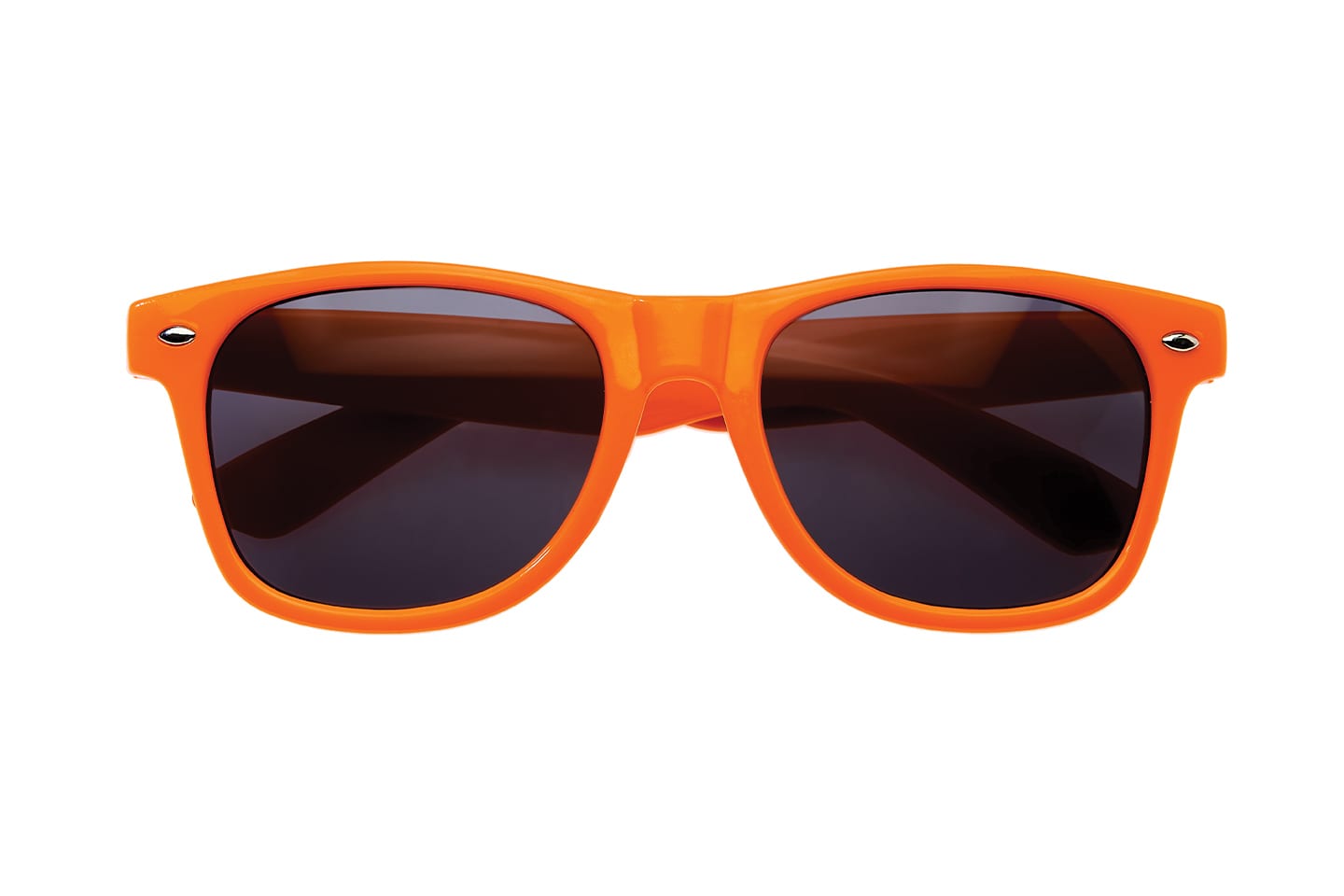Q. I’ve heard there is no difference in sunscreens after SPF 30. Is that true?
A. No, it is not true. In the past, there was consensus that if you wore a sunscreen with at least SPF 30, you would be adequately protected from the sun.
However, a recent study showed that SPF 100+ sunscreen is more protective against sunburn than SPF 50+. The study split participants’ faces in half and applied SPF 50 on one side and SPF 100 on the other. Researchers surprisingly found that people were 10 times more likely to burn on the SPF 50 side than the side with SPF 100.
Another reason to use a higher SPF is that Consumer Reports shows that the SPF level in several mainstream sunscreens is, in reality, much lower than what is marketed on the bottle due to lax FDA regulations.
Remember, the effectiveness of your sunscreen depends entirely on adequate application. Be sure to cover all exposed surfaces and reapply every two hours.
Q. I was bitten by a tick. Do I have Lyme disease?
A. The short answer is probably not, but Lyme disease is a risk for Tennessee. The incidence of Lyme disease has increased in Tennessee in recent years; however, it is still considered a low-risk state. Georgia is also low risk. According to CDC reports in 2017, there were 15 reported cases in Tennessee and eight in Georgia. Affected ticks are most common in the Northeast and Mid-Atlantic states. Early symptoms can begin three to 30 days after a bite and can include fever, headache, muscle and joint aches, and rash. The rash starts as a red, warm area that may spread out to look like a bullseye. This may occur anywhere and not just at the location of the tick bite. It is important to seek medical attention if any of the above symptoms appear after a tick bite, but it is not necessary to see your provider whenever a tick bite occurs.
Q. How can I get my mother to drink more water? I’m always afraid she’ll get dehydrated.
A. Dehydration can cause fuzzy short-term memory, difficulty concentrating, fatigue, lethargy, headaches, and muscle weakness. Just imagine driving your car with no water in the radiator – eventually, the engine overheats and is destroyed.
Hopefully, your loved one can make her own decisions, even if she lives with you.
- To help her get enough water:
- Remind her or leave notes.
- Leave water out in the room where she spends time.
- Make it is easier with easy-pour or two-handed cups or straws to reduce frustration from reduced dexterity.
- Provide enticing beverages: water with fresh fruit, juices, smoothies, or non-caffeinated tea.
- Offer foods that are high in water content, such as watermelon, cantaloupe, tomatoes, or cucumbers.
- Avoid caffeine and alcohol because they have a dehydrating effect.


Q. What’s the best way to recover from a stress fracture? I’m ready to get back to running!
A. Stress fractures are tiny hairline breaks that can occur in the bones of the foot and ankle. If left untreated, they can worsen. Pain, swelling, redness, and occasionally bruising can be signs of a stress fracture. A foot and ankle surgeon can perform a clinical examination, X-rays, and other studies to diagnose a stress fracture if you fear you have one.
Depending on which bone is involved, initial treatment includes stopping the activity, resting, elevating and icing the foot, taking over-the-counter nonsteroidal anti-inflammatory medication, and immobilizing the foot. A stress fracture is one of the few injuries in an athlete that requires almost complete cessation of weightbearing exercise.
Finding a balance of activity modification that allows the injured bone to heal while maintaining muscular strength and cardiovascular endurance can be difficult. Swimming, utilizing a protective boot while training on a stationary bike, or using the AlterG Anti-Gravity Treadmill are great ways to modify in order to get you back in action.


Q. I’m trying to be more conscious of protecting my eyes from sun damage. What are the most important things to look for in a pair of sunglasses?
A. The most important label to look for on a pair of sunglasses is 100% UV protection. It’s often labeled as “UV 400,” which means it blocks all UVA and UVB light
rays (the damaging type). Be cautious buying unlabeled lenses or dollar bin buys – they may shade the sun from your eyes, but they won’t necessarily provide the same level of protection from sun damage. It often makes sense to think about protecting our eyes with sunglasses the same way we think about wearing sunscreen to protect our skin – this goes for kiddos, as well! Bigger is usually better when it comes to protecting the tissue around our eyes and eyelids where skin cancer is common, and you should look for polarized lenses to enhance contrast and reduce glare – especially for driving and water activities. When in doubt, check with your local optometrist for the best recommendations for optimal eye health protection!






